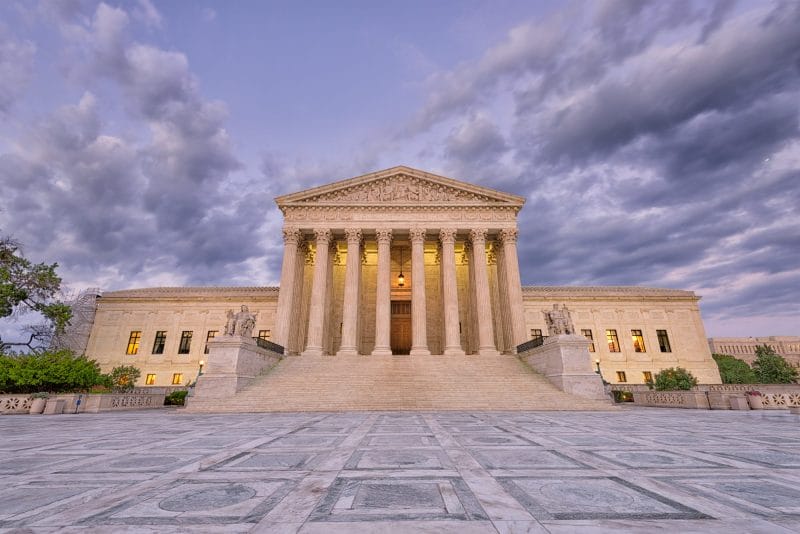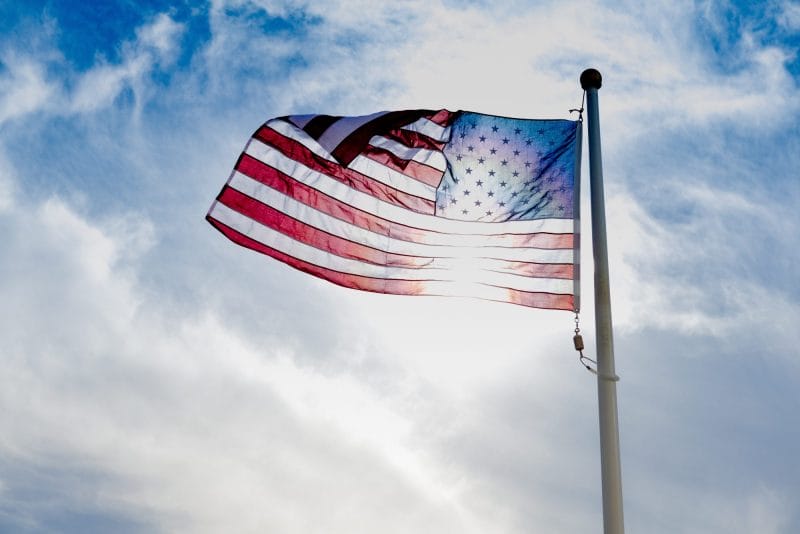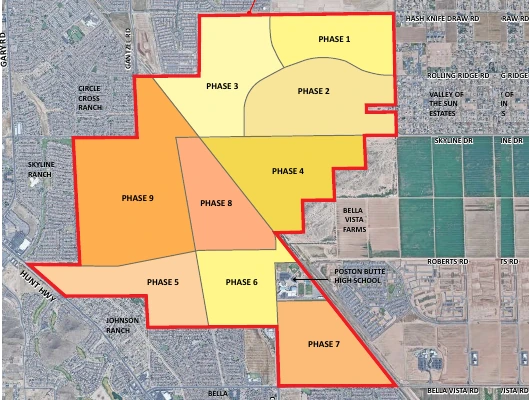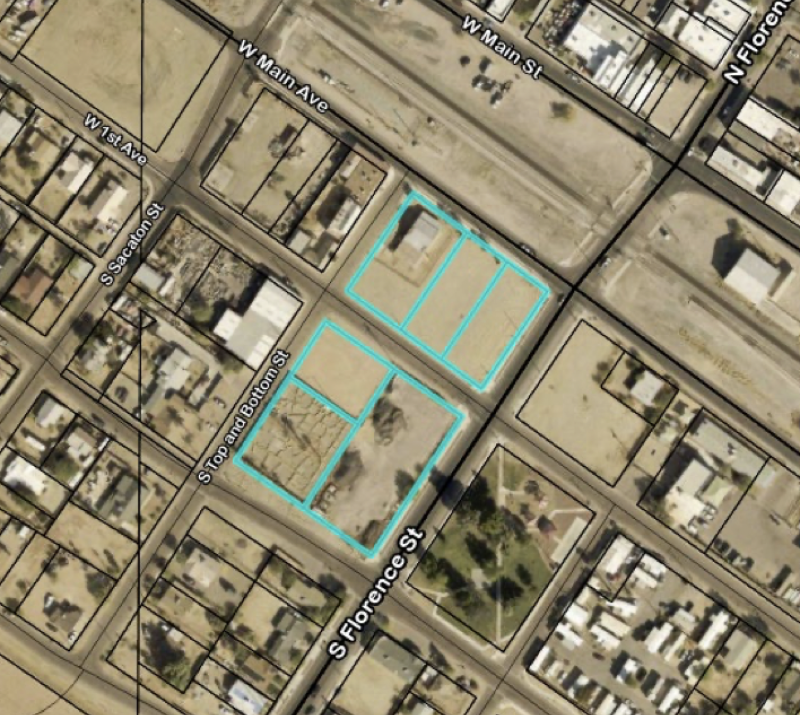BY ASHLEY MURRAY, JACOB FISCHLER | AZ MIRROR
WASHINGTON — U.S. presidents enjoy full immunity from criminal charges for their official “core constitutional” acts, but no immunity for unofficial acts, the Supreme Court ruled Monday, sending former President Donald Trump’s case back to the lower courts.
The justices left open the question of how far official acts can reach, possibly reshaping the contours of the American presidency.
Trump escalated his immunity claim to the nation’s highest bench after two lower courts denied his request for protection from federal criminal charges alleging he schemed to overturn the 2020 presidential results.
The decision about the presumptive Republican presidential nominee’s actions while in office likely closes the door to any chance that Trump’s election subversion case could go to trial before Election Day.
The justices took up the case in February but did not hear oral arguments until April 25.
The trial court must now grapple with whether Trump’s alleged conduct to spread false information about the 2020 election results and conspiring to overturn them qualified as official presidential action.
In a 6-3 opinion, Chief Justice John G. Roberts Jr. wrote that the president is subject to criminal prosecution for unofficial acts, “like everyone else.”
“But unlike anyone else, the President is a branch of government, and the Constitution vests in him sweeping powers and duties,” Roberts wrote. “Accounting for that reality—and ensuring that the President may exercise those powers forcefully, as the Framers anticipated he would—does not place him above the law; it preserves the basic structure of the Constitution.”








